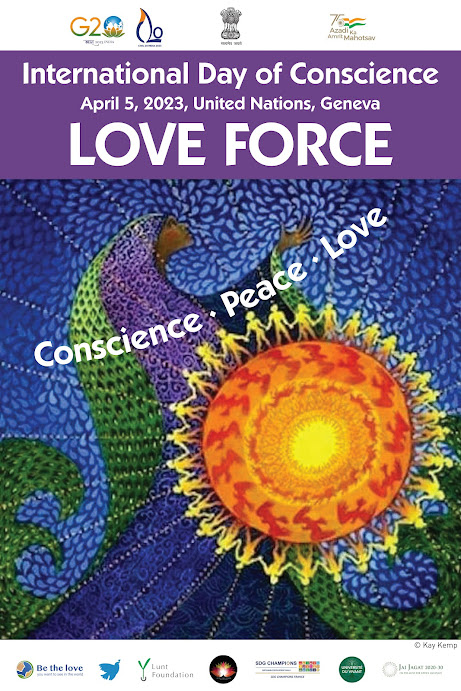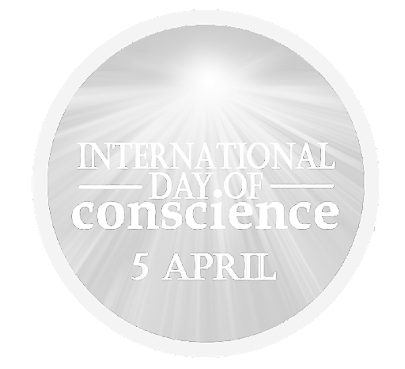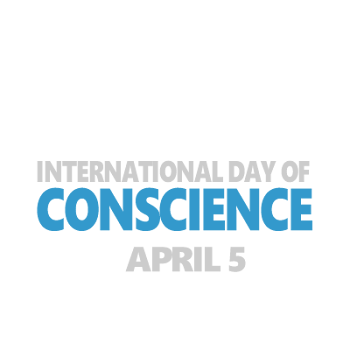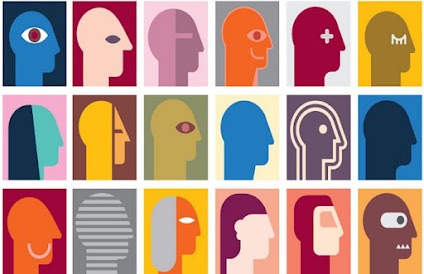The strength of conscience and love to co-create non-violent, fairer and happier societies together.

An event to mark the 2023 International Day of Conscience organized by the NGO in Consultative status with ECOSOC, Mouvement de la Paix will be observed at the Palais des Nations, Generva. Register to the event . Programme of the International Day of Conscience 2023 on 5 April at the UN in Geneva. The Conference will be held on the Room 22, from 10am to 6pm followed by a Reception in room 22 from 9:30 am. This event is organized in partnership with the Permanent Mission of India , under the banner G20/C20 . Initiative and conception of the event: Sofia Stril-Rever, author and founder of Be the Love , Jean Fabre, Deputy Director of UNPD 1998-2008, and Dr. Vikrant Singh Tomar, founder of United Consciousness . Coordination of the event: Lisa Silvestre and Emmanuelle Le Du, with the NGO Le Mouvement de la Paix , consultative status ECOSOC. Press and media, Benjamin Joyeux, with Jai Jagat Geneva. Moderation : Sarah Noble, curator of t...





